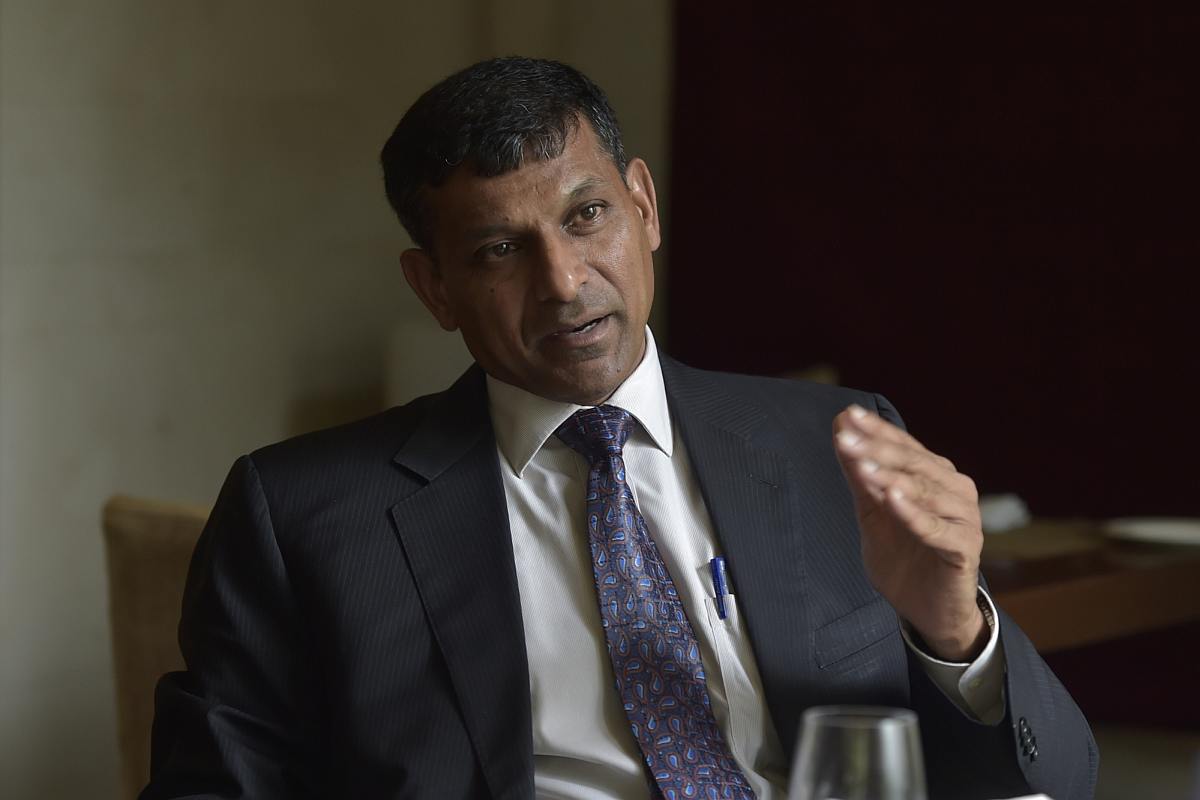India’s growth outlook is supported by robust domestic engines: RBI
The global economy remained resilient in the first half of 2024, with declining inflation supporting household spending, it said in its October Bulletin.
‘What makes India strong is its diversity, debate and tolerance. What makes it weak is narrow-mindedness, obscurantism and divisiveness,’ said former RBI governor Rajan

Former RBI Governor Raghuram Rajan (File Photo: IANS)
Calling out the current situation of dissenters in the country on Monday, former RBI governor Raghuram Rajan in a hard-hitting LinkedIn post said, suppressing criticism is a “sure fire recipe” for policy mistakes, arguing that people in authority should tolerate criticism.
Rajan also said it is only criticism that prompts government to take period policy course correction. “If every critic gets a phone call from a government functionary asking them to back off, or gets targeted by the ruling party’s troll army, many will tone down their criticism. The government will then live in a pleasant make-believe environment, until the harsh truth can no longer be denied,” Rajan said while recalling the achievements of noted jurist and doyen of liberalism in India Nani Palkhivala. People in the authority, he emphasised, have to tolerate criticism.
“What makes India strong is its diversity, debate and tolerance. What makes it weak is narrow-mindedness, obscurantism and divisiveness.”
Advertisement
“Undoubtedly, some of the criticism, including in the press, is ill-informed, motivated, and descends into ad-hominem personal attacks. I have certainly had my share of those in past jobs. However, suppressing criticism is a sure fire recipe for policy mistakes,” he said.
“We have our weaknesses and our excesses, but our democracy is self-correcting, and even while some institutions weaken, others come to the fore.”
“…an attempt to impose a uniform majoritarian culture on everyone can kill minority community characteristics that can be very advantageous to growth and development. Cultural diversity can promote intellectual diversity and intellectual ferment, something every economy at the frontier needs.”
Rajan, who is currently a professor of finance at University of Chicago, said constant criticism allows period course correction to policy. “Governments that suppress public criticism do themselves a gross disservice,” he added.
“Constant criticism allows periodic course corrections to policy — indeed public criticism gives government bureaucrats the room to speak truth to their political masters. After all, they are not screaming the loudest in the room,” Rajan said in his latest post.
“It would be retrograde, indeed against our national interest, to give up this vibrant democratic society that tolerates and respects its diverse people and viewpoints for a more authoritarian, monocultural, majoritarian imposition.”
Rajan’s observations come in the backdrop of the Modi government removing Rathin Roy and Shamika Ravi from the Economic Advisory Council to the Prime Minister allegedly because they were critical of the government’s policies.
Shamika Ravi, the director of research at Brookings India, and Rathin Roy, the director of the National Institute of Public Finance and Policy, had questioned the government’s decision to borrow funds from overseas markets through sale of sovereign bonds. Rajan, too, earlier cautioned the government about the consequences of raising funds through overseas sovereign bonds.
Advertisement